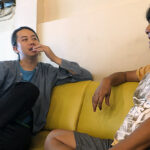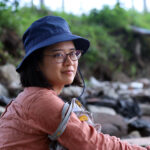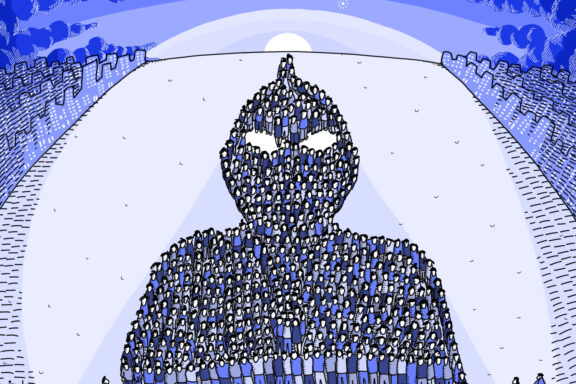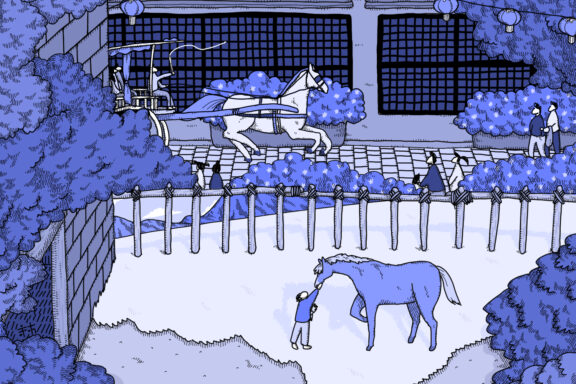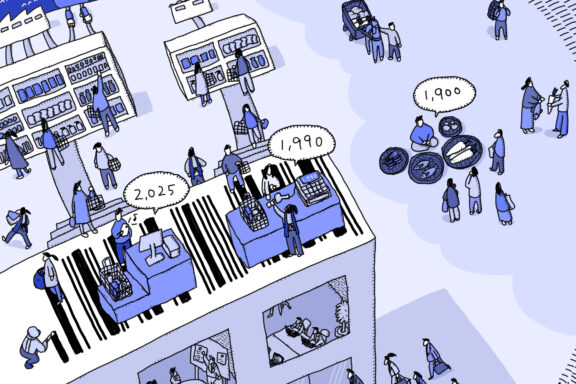Tomohiro Machikita (Labor Economics)
Reading and writing a diary may be the most familiar of literary experiences. Keeping a diary can be a way of savoring the transformation of daily life fragments into unexpected stories. Chiisana tentai—zen sabatikaru nikki 小さな天体―全サバティカル日記 (A Small Celestial Body: Diary of My Full Sabbatical Leave; Shinchosha, 2011, in Japanese) is a journal kept by Norihiro Kato, a literary critic, during his 2010–2011 sabbatical from Waseda University where he taught. From March 2010, he spent six months each in Copenhagen, Denmark, and Santa Barbara, California. After returning to Japan at the end of March 2011, he continued the diary for another two months with observations of the turmoil generated by the unprecedented disaster of March 11. This book is a compilation of his diaries over the total 14 months, and includes a collage on the front and back covers of 52 photos taken by the author of the various places he visited.
Kato began his sabbatical in Frederiksberg, a municipality on western Copenhagen, and made it his base for numerous excursions, some just walks around his neighborhood and others more far-ranging. He suffered through numerous mishaps during his sojourn in northern Europe. His observations are highlighted by the occasional commentary of his patient and long-suffering partner, such as when his partner complains, “why am I in such a place?” The days of deep contemplation while traveling continue even after Kato moves to the United States, giving us an inkling of how hard it can be to pursue a career as a critic. But there is no sense of grim resolve, perhaps because of his unwavering belief in the meaningfulness of his work. Literary critics like Kato can grasp the value of a work that even the author is unaware of, placing it within the context of history and society; the world requires more than just authors and their readers.
After returning to Japan, Kato published many and diverse works. He critiqued Japanese pop rock music, a new challenge for him. And he applied a fresh perspective to his critique of the work of a world-renowned Japanese novelist he had reviewed for many years. Kato also tackled what was for him the unfamiliar genre of risks and insurance. When his essay Haisengoron 敗戦後論 (A Discourse on Post Defeat in War; Kodansha 1997 and Chikuma Shobo, 2015, in Japanese) was criticized in the United States, he prepared a rebuttal in English. Though his rebuttal was never completed, it surely must have been the source of his ideas for his numerous critiques written in 2011 and later.
All of this activity may seem totally unrelated, but as I read through his diary, one day to the next, I have come to believe that his many critical works tell the story of the unique life journey of Norihiro Kato.
In his diary entry for September 28, not long after his arrival alone in Santa Barbara, Kato writes, “Many new discoveries as I attempt cooking for myself,” and briefly describes how hard vegetable stalks and piths can be transformed into something tasty and crunchy if one only takes the time to heat and cool. It is just a short text, but to me reads as an apt capturing of what is essential to writing any kind of critique, an invitation to take your time and challenge yourself in new genres.
(Illustration by Atelier Epocha)
This article is also available in Japanese. >>
「時間をかけて、ジャンルを越えて:ある批評家の日記から」
(町北 朋洋)


